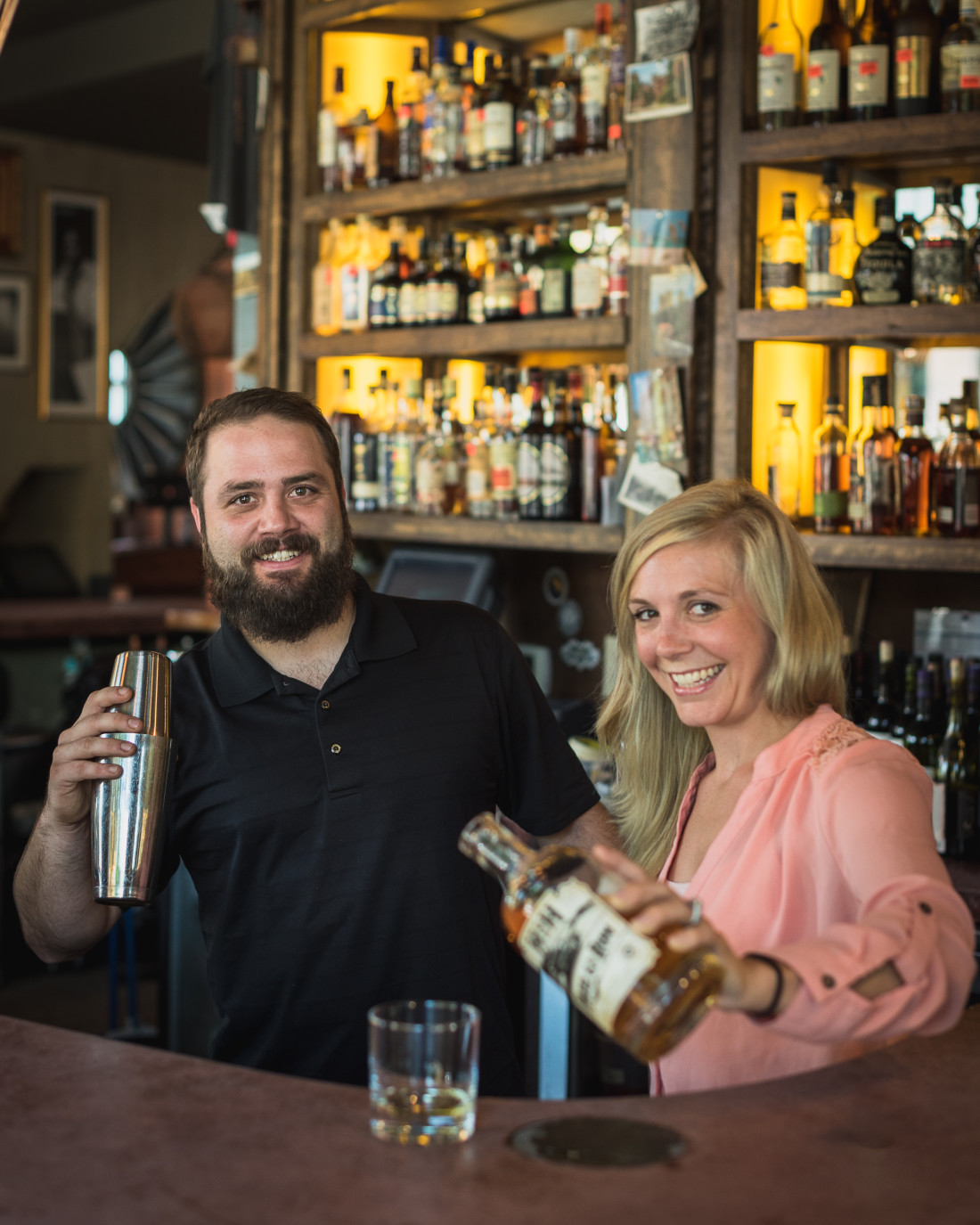Rum is perhaps the most approachable of spirits; the Cuba Libre (less formally known as rum and Coke) and the daiquiri are universally popular cocktails. And for many, rum is an entry point into the world of liquors. Sweeter and sometimes considered less “boozy” than other spirits — but often no less potent — rum is often found in even the most modest home liquor cabinet.
But those realities obscure the fact that as a type of alcoholic drink, rum offers a tantalizingly wide variety of options that can suit many different tastes. There are white and golden rums, dark, Navy and overproof rums. There’s even rhum (a distinctive type of spirit made in a specific region), and the methods of rum production allow for more variety than, say, Scotch whisky. (And none of that even accounts for ubiquitous flavored rums, not discussed here.)
In the most basic terms, rum is derived from sugar cane. Most commercially available rums are made from molasses, a byproduct of sugar production. Rum making began in the 1600s, explains Doug Stevens, bartender at Storm Rhum Bar.
“Sugar cane farmers in the Caribbean found that when they processed the cane, they got 1 pound of molasses for every 2 pounds of raw sugar. And initially, they couldn’t even give the molasses away,” he says with a laugh. Eventually it was discovered that when the molasses was left outdoors under the hot tropical sun, it fermented into an alcoholic spirit nicknamed “kill devil.”
“So when most of us think of rum, we’re thinking of molasses-based spirit,” Stevens says. He mentions another type — rum agricole — that is distilled from fresh sugar cane juice instead of molasses. That spirit has more of a grassy, vegetal character, and when it’s distilled in the French West Indies, it’s called rhum. Stevens says that when he encounters customers who typically drink gin and tequila, he suggests agricole “because it shares some characteristic notes with those spirits.”
Storm stocks an impressive variety of both sugar- and molasses-based rums and rhums, and Stevens emphasizes that the flavor profiles cover a wide spectrum. One rum can taste, smell and look very different from another. Gold and dark rums get much of their color from the barrel aging, though caramel color is sometimes added to some brands.
Unlike scotch, which must be distilled in Scotland (as with tequila in Mexico), rum can be made most anywhere. In fact, Western North Carolina is home to a growing number of rum distillers. H&H Distillery in Asheville crafts a number of spirits, including a gold rum called Hazel 63.
Leah Howard of H&H describes the distillery’s approach. “We start with raw molasses, cook it down and ferment it,” she says. “Then we do the distillation, which provides us with about 15 gallons of 150-160 proof (75-80 percent ethyl alcohol) rum.”
That high-proof spirit is then aged for three months, during which it’s infused with new American oak and charred French oak. After that aging process, water is added to “proof down” to 40 percent alcohol. “And then,” Howard says, “we bottle it by hand.”
Howard offers a quirky yet easy and reliable way to test the quality of a rum. “Put a few drops of the rum in the palm of your hand, and rub your hands together,” she suggests. “If they stick together, you know you’ve got a rum that has had sugar added to it after distillation.”
Stevens vouches for the quality of Hazel 63 but believes that, in the end, opinions about rum quality often come down to personal preference. “Some people are purists when it comes to rum,” he says, noting that so-called “back-sweetened” rums are very popular. “People love them because they drink so smooth,” he says.
Stevens prides himself on being a bartender who can ask customers a few questions and then offer them a rum to suit their taste. But when pressed, he does offer a few general recommendations. “Zaya is a 12-year-old rum from Trinidad, and it’s made from molasses,” he says. “It has heavy vanilla notes, and it’s sweet.”
He says that Hamilton, a 151-proof rum, is popular at Storm as well. And for a good, all-purpose mix-friendly rum, he suggests choosing from among the offerings from a Nicaraguan distillery, Flor de Caña.
All of those brands can be found at some local ABC stores, though Storm offers quite a few that, while technically available, are harder to locate. “Bumbo from Barbados has butterscotch notes,” Stevens says. We think it smells like candy. And we detected leather and smoky tobacco notes in El Dorado 12-year. “That one drinks almost like a bourbon,” Stevens says.
Howard emphasizes that a good rum lends itself well to sipping as well as mixing in a classic or adventurous cocktail. “The versatility of rum is incredible,” she says.






Before you comment
The comments section is here to provide a platform for civil dialogue on the issues we face together as a local community. Xpress is committed to offering this platform for all voices, but when the tone of the discussion gets nasty or strays off topic, we believe many people choose not to participate. Xpress editors are determined to moderate comments to ensure a constructive interchange is maintained. All comments judged not to be in keeping with the spirit of civil discourse will be removed and repeat violators will be banned. See here for our terms of service. Thank you for being part of this effort to promote respectful discussion.